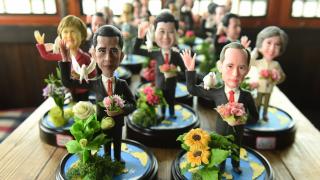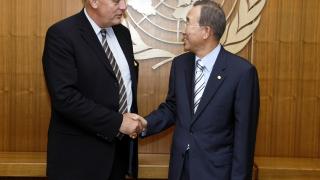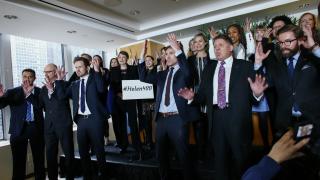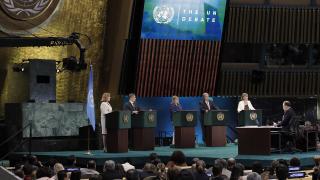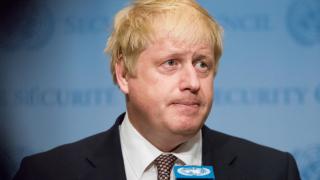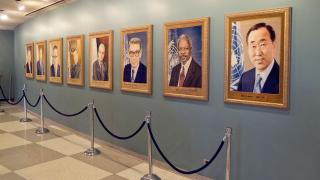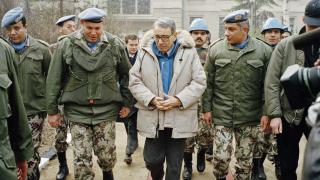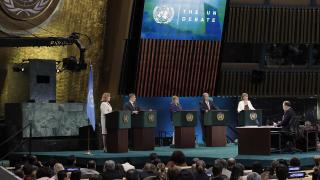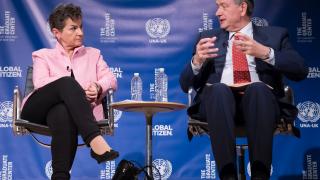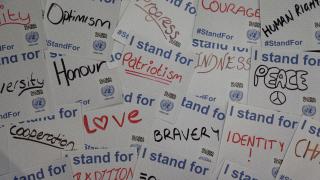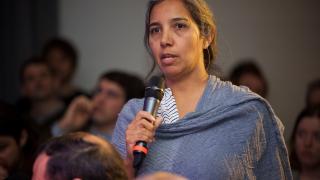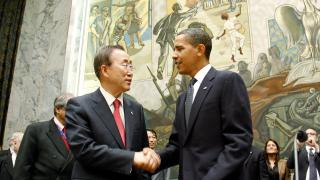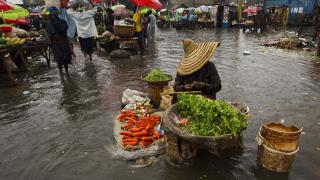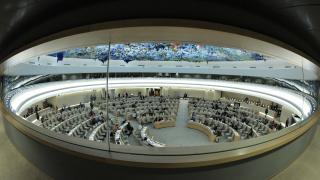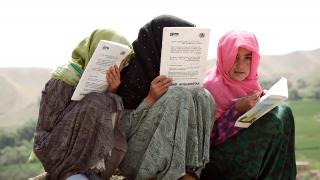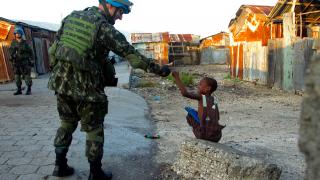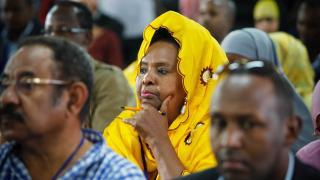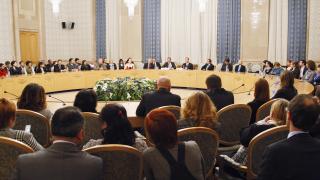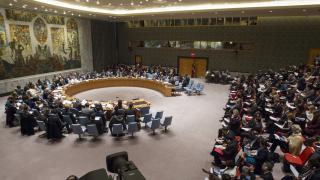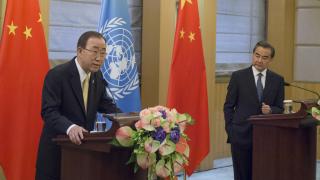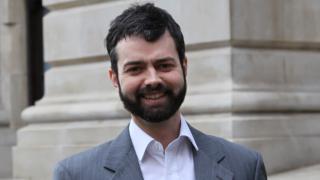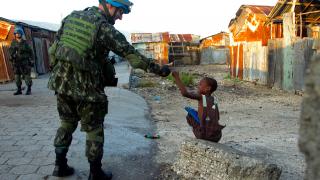
When a new Secretary-General takes office in January, it will be important for him or her to set clear goals for one of the UN’s most important activities: peacekeeping. Peacekeeping employs nearly 120,000 uniformed and civilian personnel in 16 countries and has a budget of over $8 billion per year, significantly more than any of its other activities.
Despite these impressive numbers, missions are being asked to do more than ever before and peacekeeping resources are stretched thin. The Secretary-General must therefore set out a clear vision for what the UN aims to do, be realistic about what it can do and refrain from making promises that it cannot keep.
While there are numerous priorities that the new Secretary-General should consider, I will focus on three. First, he or she should push forward the implementation of the recommendations in the report of the High-Level Independent Panel on Peace Operations, published in 2015. The Secretary-General must show that such periodic reviews are not simply cosmetic exercises intended to placate donors and the permanent five members of the Security Council, but genuine attempts at institutional learning and reform.
In particular, the Secretary-General should develop mechanisms for making the report’s emphasis on “people-centred peacekeeping” a reality. He or she should develop clear policies for whether and how peacekeeping should be conducted in environments characterised by asymmetric threats, terrorism, and violent extremism.
Second, the Secretary-General will need to press member states to honour their commitments to peacekeeping. At the Leaders’ Summit on Peacekeeping in September 2015, member states made notable pledges of personnel and resources, including over 40,000 troops and police. Yet member states are notorious for dragging their feet when it comes to actually disbursing funds or deploying troops and the Secretary-General will need to combine the authority of the office with considerable skills in persuasion to ensure that member states make good on their pledges in a timely way.
Third, the Secretary-General must take action to combat sexual exploitation and abuse. The UN’s legitimacy has suffered dramatically due to continued reports of abuse by peacekeeping personnel against the very people they are committed to help. While the blame for this falls partly on member states, who often fail to investigate or discipline their personnel, the Secretary-General should urgently put in place robust accountability mechanisms within missions and emphasise to troop contributors the importance of having national accountability mechanisms at least as strong as those of the UN.
These priorities are ambitious and the Secretary-General is likely to encounter considerable challenges in attempting to realise them. Peace operations are facing increasingly volatile situations, as well as eroding consent from host governments and popular resentment. The resulting calls for more robust mandates and more frequent use of force must therefore be squared with the protection of civilians, human rights, and local ownership.
The new Secretary-General may also have to navigate a geographic shift in peacekeeping towards the Middle East. Currently, the majority of operations are in Africa, but with wars raging in Syria, Iraq, Yemen, and Libya, the UN may have to adjust its training, capabilities, and linguistic competencies in order to successfully transpose its activities to the region for future peace operations.
Finally, the Secretary-General will have to navigate the deteriorating relations between key Security Council members and reconcile their sometimes incompatible visions for peacekeeping. The conflict in Syria is a vivid reminder of the detrimental effect that global geopolitical pressures can have on specific conflicts.
While these challenges are formidable, they also present an opportunity for reform. The Secretary-General should seize the moment of his or her selection to push for an overhaul of pre-deployment processes, staff training and performance evaluation. It will be all too easy to slip into ‘business as usual’, but instead the Secretary-General should set the bar high for both staff and member states, reminding them that with the right leadership, resources and vision, peacekeeping can become a powerful tool for maintaining peace and security around the world.
Photo: A Brazilian peacekeeper interacts with a child in Cité Soleil while another peacekeeper stands guard. Copyright: UN Photo/Victoria Hazou


